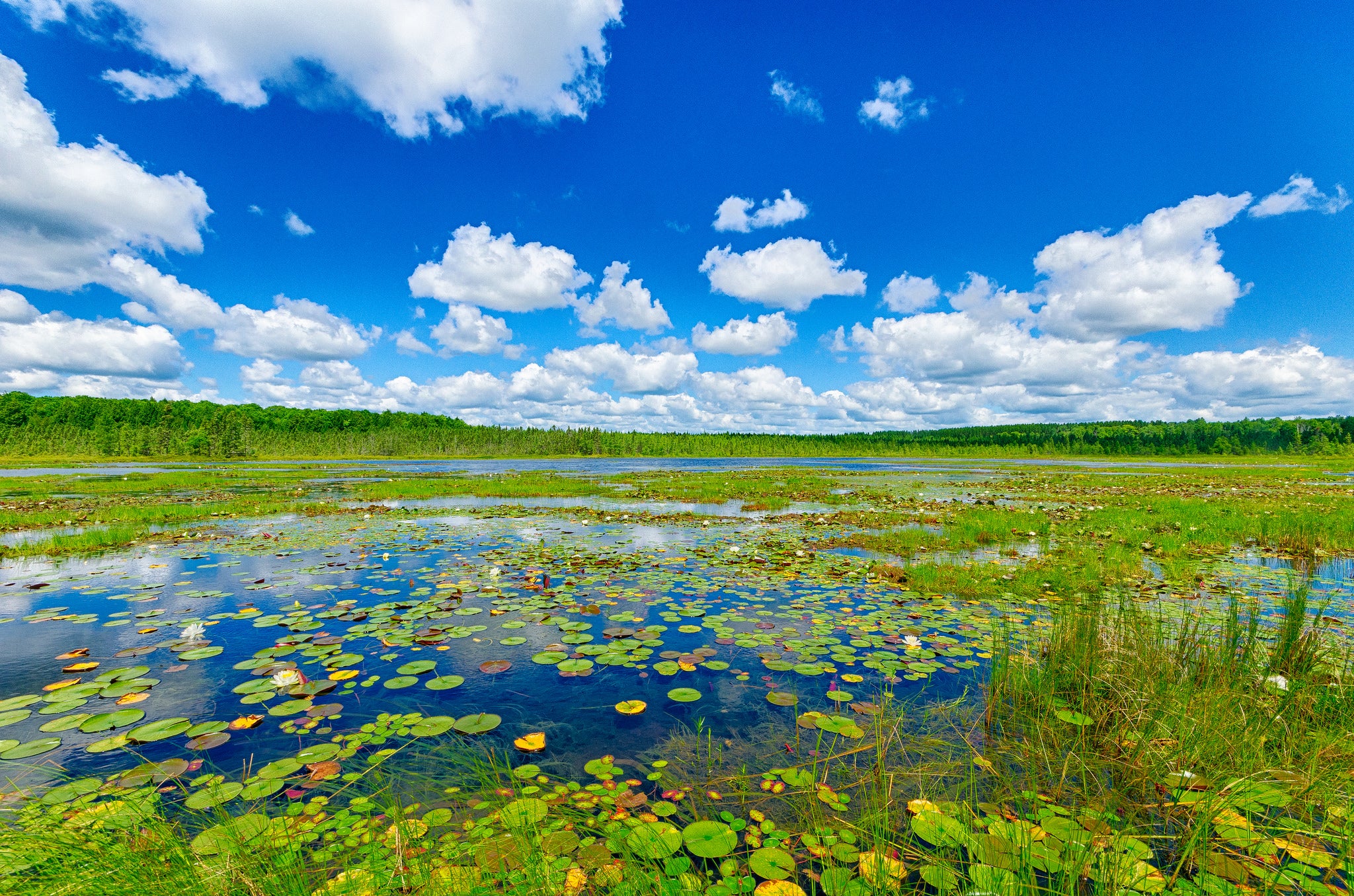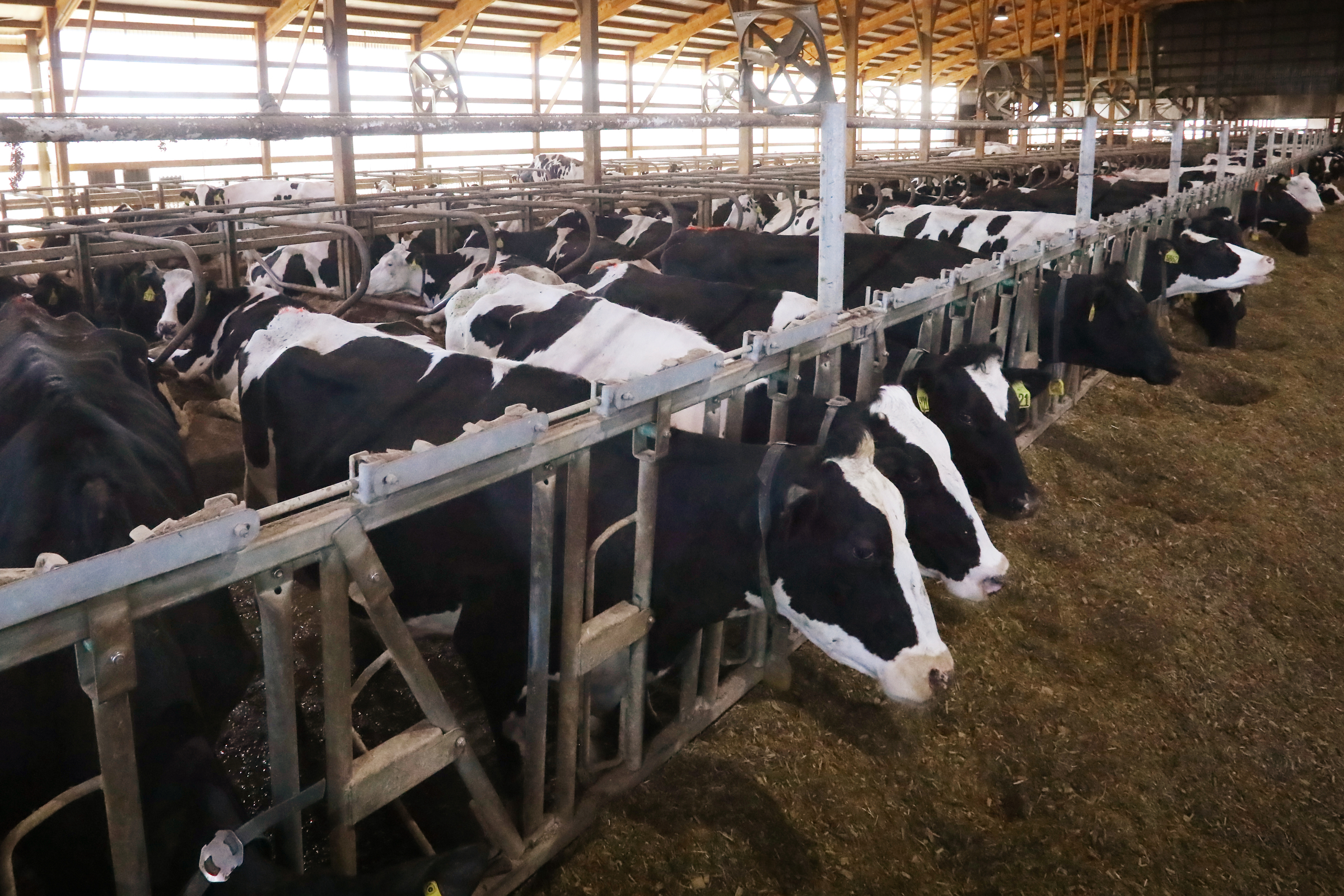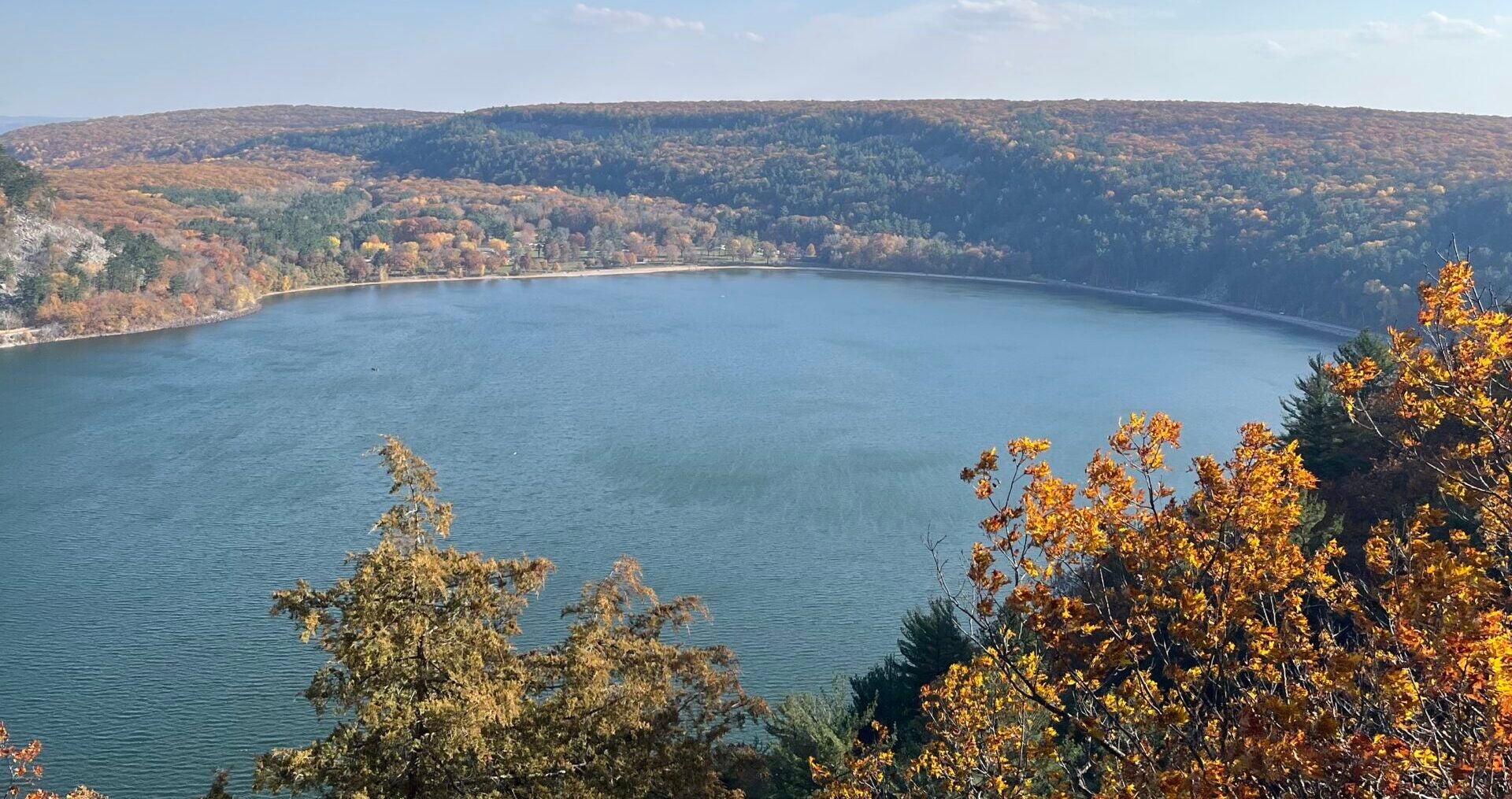The Wisconsin Natural Resources Board unanimously approved public hearings on a proposed rule that would create a process for setting site-specific phosphorus standards on the state’s bodies of water.
Wisconsin already has statewide water quality standards for phosphorus, but these vary depending on the water system. Phosphorus in the water can support the growth of algae and other plants, but too much can overwhelm the system.
The proposed rule would pinpoint situations where site-specific standards may be appropriate, according to Marcia Willhite, water evaluation section chief with the state Department of Natural Resources.
News with a little more humanity
WPR’s “Wisconsin Today” newsletter keeps you connected to the state you love without feeling overwhelmed. No paywall. No agenda. No corporate filter.
“We recognize that there might be specific characteristics about a particular reservoir, lake or river that might require different criteria,” said Willhite. “That’s what the site-specific means. It’s for a particular water body.”
For example, Willhite said several lakes in the Wisconsin River basin already have problems. However, science suggests that water quality standards are more stringent than necessary to achieve improved water quality at Castle Rock Lake.
“But Lake Wisconsin is an example of the opposite. It’s meeting its statewide water quality standard, but it’s got algae problems,” she said. “That indicates we need to have a more stringent water quality standard.”
Willhite said development of site-specific standards are being driven by the Clean Water Act, which gives states responsibilities to set targets on appropriate levels for water bodies.
Natural Resources Board members, including Bill Bruins, expressed concerns about the cost of implementing site-specific standards.
“My concern is that if we rush to judgment and put specific standards on a body of water without giving consideration to can we afford to get to that point — I’m just throwing up a yellow flag here,” said Bruins.
If standards aren’t met, Willhite said a restoration plan would be developed for the water system, which would be subject to public input and comment.
Kristi Minahan, water quality standards specialist with the DNR, said site-specific standards would be applied to a small percentage of water bodies, including reservoirs and impounded areas.
“Those are the ones where a little more targeted approach works better,” said Minahan.
A public hearing will be set later this summer on the proposed rule.
The Natural Resources Board also approved elk harvest quotas for the 2019 season, as well as season dates and bag limits for the 2019 migratory bird season.
Wisconsin Public Radio, © Copyright 2026, Board of Regents of the University of Wisconsin System and Wisconsin Educational Communications Board.







